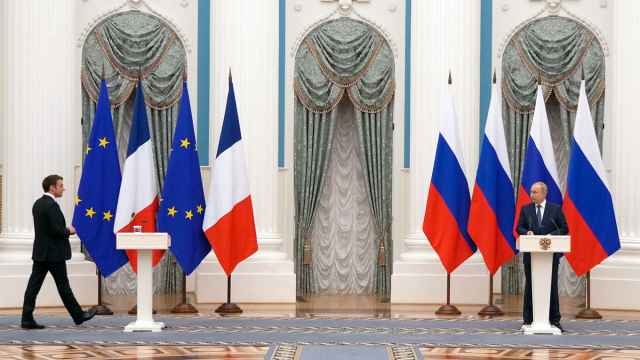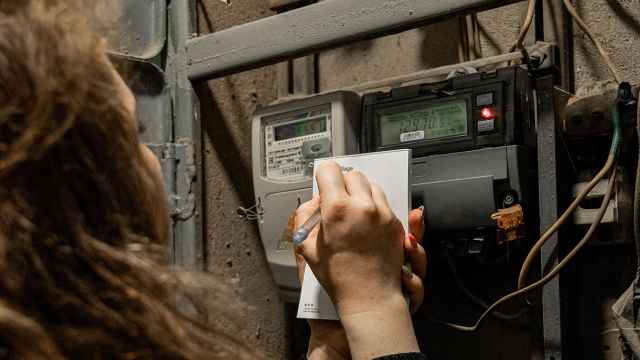Russian gangs and their Chinese associates are making billions of dollars from selling fake and unlicensed medicines over the Internet, putting thousands of people at risk, British police and medical regulators said Thursday.
The criminals sell the potentially hazardous products through legitimate-looking pharmacy web sites run from Russia with their IT infrastructure routed through China to try to evade detection, they said.
More than 2.5 million doses of counterfeit, controlled and withdrawn drugs were seized across 79 countries in seven days of raids coordinated by Interpol under an operation codenamed Pangea that ended on Tuesday.
"Every one of those doses could potentially cause harm," said Nimo Ahmed, head of enforcement at Britain's Medicines and Healthcare Products Regulatory Agency.
The drugs seized included treatments for epilepsy, asthma, acne, narcolepsy, erectile dysfunction, breast cancer and weight loss.
British regulators were particularly concerned at a recent rise in web sites and blogs targeted at students studying late at night for exams, advertising alertness-enhancing drugs such as modafinil, a drug prescribed for sleeping disorders, Ahmed said.
The drug, marketed as Provigil by its U.S. maker Cephalon, was originally licensed in Europe for night workers, but regulators subsequently restricted its use because of potential side effects including depression and suicidal feelings.
"It is hitting blogs as a medicine that students can take," Ahmed said. "This is picking up a demand of its own, and we need to get that across to universities."
Governments are struggling to contain a rising tide of illegal medicine sales, with the World Health Organization estimating that half of all drugs bought from web sites that conceal their physical address are counterfeit.
Many fake drugs will contain lower-than-specified doses of the medicine's underlying compounds, are not checked for quality and may not dissolve to deliver their dose properly in the gut when taken, regulators say.
Detectives had identified 500 illicit pharmaceutical web sites operating in Britain's ".uk" domain as part of the Interpol crackdown, and had asked Internet authorities to shut them down, police said.
"The vast majority of these sites are either being run, hosted or facilitated by the Russians or the Chinese," said Detective Superintendent Charlie McMurdie, head of Scotland Yard's e-crime unit.
"Although it is bad enough that these sites are selling harmful drugs, they are also making millions if not billions of pounds [from the] proceeds of crime," she added.
Much of the counterfeit medicine came from Chinese suppliers, while India was the main source of unlicensed drugs.
The web sites closed from British domains were run by about 20 criminal groups mainly based in Russia, police said.
"We have identified some of the main players. But, of course, they are not only attacking the U.K., they are attacking globally," said Detective Sergeant Stephen Truick, an e-crime specialist working in McMurdie's unit.
British police were working closely on the issue with "our American colleagues and colleagues in other countries," he added.
A Message from The Moscow Times:
Dear readers,
We are facing unprecedented challenges. Russia's Prosecutor General's Office has designated The Moscow Times as an "undesirable" organization, criminalizing our work and putting our staff at risk of prosecution. This follows our earlier unjust labeling as a "foreign agent."
These actions are direct attempts to silence independent journalism in Russia. The authorities claim our work "discredits the decisions of the Russian leadership." We see things differently: we strive to provide accurate, unbiased reporting on Russia.
We, the journalists of The Moscow Times, refuse to be silenced. But to continue our work, we need your help.
Your support, no matter how small, makes a world of difference. If you can, please support us monthly starting from just $2. It's quick to set up, and every contribution makes a significant impact.
By supporting The Moscow Times, you're defending open, independent journalism in the face of repression. Thank you for standing with us.
Remind me later.





